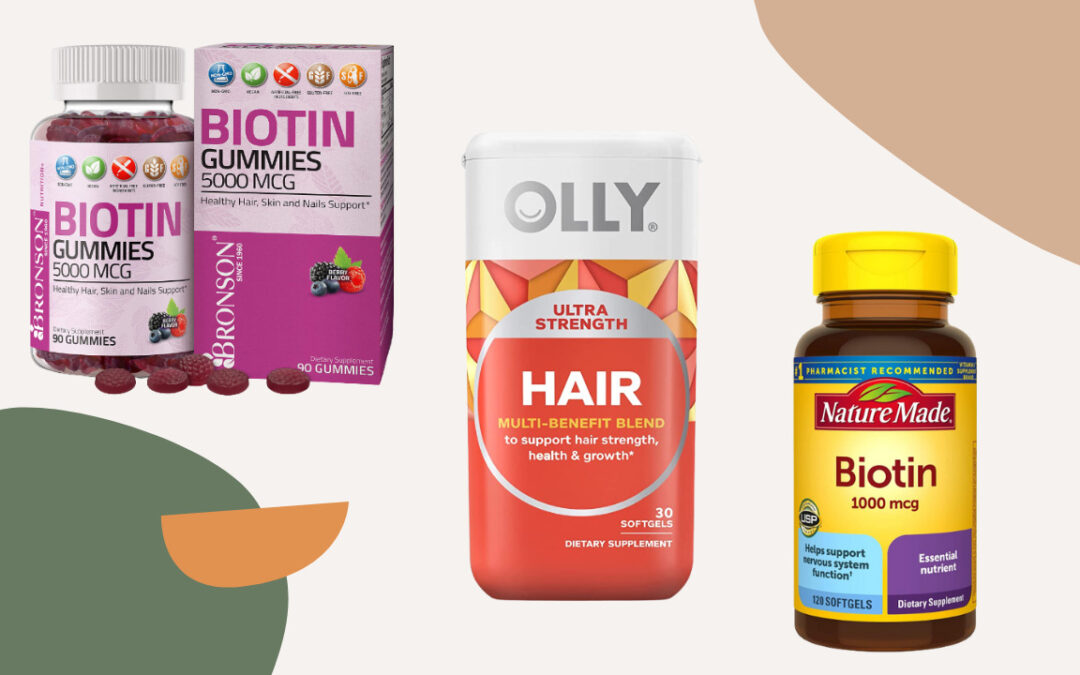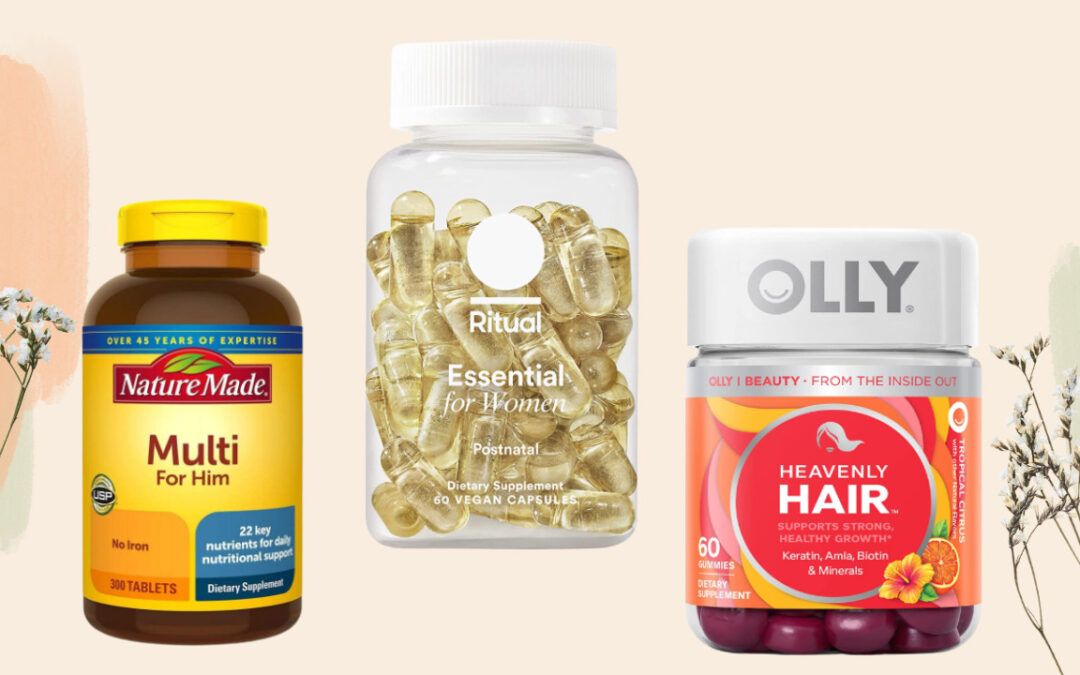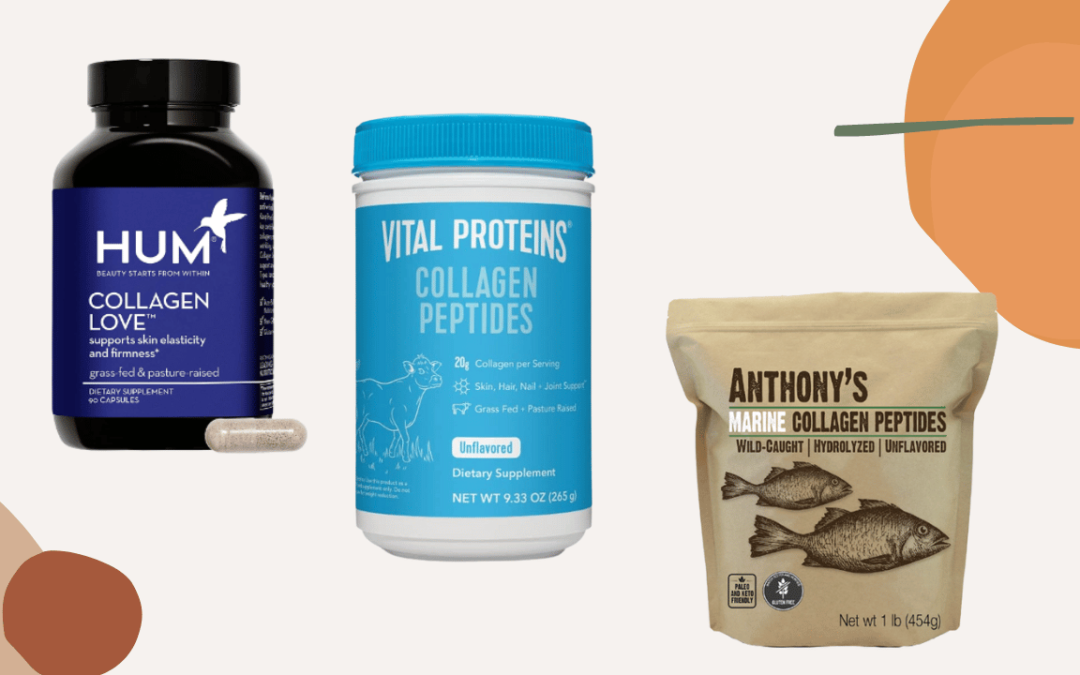Skin care should be an essential element of your wellness regimen. After all, it is your body’s biggest organ.
The first thing most doctors will encourage you to do to maintain your skin healthily is to limit your exposure to the sun’s damaging ultraviolet (UV) radiation and to apply protective sunscreen while you are outside.
But the sun isn’t without its benefits. Just 10-15 minutes of daily exposure helps the skin produce vitamin D. Vitamin D, C, E, and K are one of the most significant vitamins for your skin.
Getting adequate vitamins can help keep your skin looking healthy and young. This might result in a decrease in the:
- dark spots
- redness
- wrinkles
- rough patches
- excessive dryness
Essential skin vitamins can be obtained as supplements but can also be found in skin care products. Learn more about these four critical vitamins and how they may aid in maintaining good skin health.
Vitamin D
When your skin absorbs sunlight, it produces vitamin D. When this happens; cholesterol turns to vitamin D. Vitamin D is then absorbed by your liver and kidneys and distributed throughout your body to aid in forming healthy cells. This includes the skin, where vitamin D is essential for skin tone. It may aid in the treatment of psoriasis.
Calcitriol is a synthetic form of vitamin D, which humans generate naturally. Calcitriol is a topical cream that is useful in the treatment of psoriasis. A 2009 research published in the Journal of Drugs and Dermatology discovered that calcitriol decreased skin inflammation and irritation in persons with psoriasis while causing few adverse effects.
The Linus Pauling Institute at Oregon State University advises 600 IU of vitamin D daily. If you are pregnant or over 70, you may require more.
You may boost your vitamin D intake by doing the following:
- 10 minutes of sun exposure every day (check with your doctor first, especially if you have a history of skin cancer)
- morning cereals, orange juice, and yogurt that are fortified
- consuming vitamin D-rich foods such as salmon, tuna, and cod
Vitamin C
Vitamin C is abundant in the epidermis (outer layer of skin) and the dermis (inner layer). Its anti-cancer (antioxidant) capabilities and involvement in collagen creation assist in keeping your skin healthy. As a result, vitamin C is a significant element in many antiaging skin care treatments.
Oral vitamin C supplementation can boost the efficacy of sunscreens applied to your skin to protect it from the sun’s damaging UV rays. It accomplishes this by reducing cell damage and assisting in the repair of body wounds. Because of its critical function in the body’s natural collagen synthesis, vitamin C can also help prevent the indications of aging. It aids in the healing of injured skin and, in certain situations, the appearance of wrinkles. A sufficient vitamin C intake can also help recover and prevent dry skin.
Vitamin C insufficiency is uncommon due to the abundance of this component in over-the-counter medicines, dietary supplements, and foods we consume. The recommended daily dose is 75-120 mg. If you don’t obtain enough vitamin C from your diet, you can:
- consume more citrus fruits, such as oranges
- strawberries, broccoli, and spinach are all excellent sources of vitamin C.
- consume orange juice
- take vitamins as prescribed by your doctor
- Look for vitamin C antiaging skin treatments to relieve dryness, redness, wrinkles, and age spots.
Vitamin E
Vitamin E, like vitamin C, is an antioxidant. Its primary role in skin care is to protect the skin from sun damage. When applied to the skin, vitamin E absorbs damaging UV rays from the sun. Photoprotection refers to the body’s capacity to reduce UV-ray damage. This can aid in the prevention of dark patches and wrinkles.
The body usually produces vitamin E through Sebum, an oily material secreted from the skin’s pores. In the proper proportion, Sebum helps keep the skin conditioned and avoids dryness. Vitamin E can compensate for the lack of Sebum if you have dehydrated skin. Vitamin E can also be used to alleviate skin irritation.
While vitamin E is available in many skin care products, its benefits may be diminished by sun exposure. It is recommended to have adequate vitamin E in your diet. The average adult needs roughly 15 milligrams of vitamin E each day. You may enhance your intake by doing the following:
- increasing your consumption of nuts and seeds such as almonds, hazelnuts, and sunflower seeds
- taking a multivitamin or a vitamin E pill separately
- use topical solutions containing both vitamin E and vitamin C (this can be more effective in photoprotection than those that have only one of the two)
Vitamin K
Vitamin K is necessary for the body’s clotting mechanism, which aids in healing wounds, bruises, and surgical sites. Vitamin K’s core properties are also suggested to benefit specific skin diseases, such as:
- stretch marks
- spider veins
- scars
- dark spots
- stubborn circles under your eyes
Vitamin K may be included in various skin treatments and can help cure various skin issues. Doctors routinely use vitamin K lotions on patients who have just had surgery to minimize swelling and bruising. This may hasten skin recovery. However, research on the benefits of vitamin K on the skin is less extensive than on vitamins E and C.
According to the University of Florida, vitamin K deficiency is uncommon in the United States. Adults require 90 to 120 ug every day. You may enhance your intake by consuming the following foods:
- kale
- spinach
- lettuce
- cabbage
- green beans
Vitamins are essential for skin health
Vitamin deficiencies can harm your skin because they are crucial to your health and bodily processes. Because vitamins C and E are essential to protecting your skin from the sun, a lack of either vitamin can raise your risk of skin damage, including skin cancer. According to the Centers for Disease Control and Prevention, skin cancer is the most frequent cancer in the United States.
Talk to your doctor
Vitamin supplements are widely available these days, so talk to your dermatologist or doctor about starting a routine for your health. View the skin care aisle the next time you shop to discover if your favorite products include these four beneficial vitamins.
While vitamins are essential for skin health, you may already be getting enough of them via your food. A blood test can help identify whether you are deficient in vitamins. To avoid overdosing, you should only take vitamins under the supervision of a medical practitioner.
Shop online for multivitamins.








0 Comments